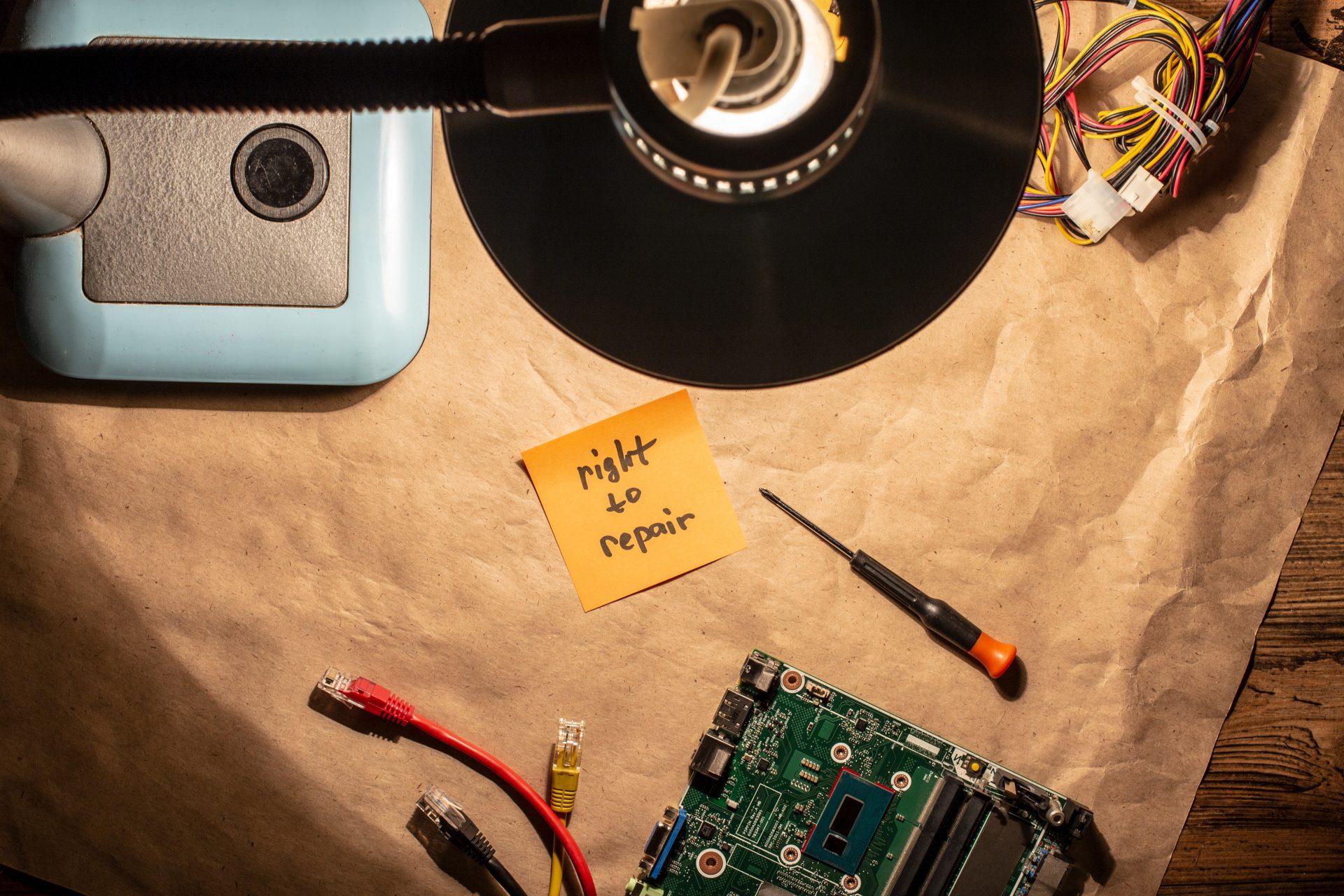 The European Commission has adopted a new proposal that aims to make it easier and more cost-effective for consumers to repair products rather than replace them, while also incentivizing producers and sellers to develop more sustainable business models.
The European Commission has adopted a new proposal that aims to make it easier and more cost-effective for consumers to repair products rather than replace them, while also incentivizing producers and sellers to develop more sustainable business models.
The European Commission has adopted a new proposal on common rules promoting the repair of goods, with the aim of reducing waste, saving consumers money, and supporting the objectives of the European Green Deal. The proposal will prioritize repair over replacement whenever products become defective, incentivizing consumers to repair their goods when the legal guarantee expires, and making it more cost-effective to do so. The new measures will introduce a ‘right to repair’ for consumers, both within and beyond the legal guarantee, and facilitate repair and reuse through tools such as an online matchmaking repair platform and a European Repair Information Form.
The proposal aims to make repair an easy and accessible option for consumers, with the hope of reducing the 35 million tons of waste, 30 million tons of resources, and 261 million tons of greenhouse gas emissions produced in the EU every year. It is estimated that the loss for consumers of opting for replacement instead of repair is almost 12 billion euros per year, while the initiative is expected to bring 4.8 billion euros in growth and investment in the EU.
The ‘right to repair’ proposal complements several other proposals presented by the Commission to achieve sustainable consumption throughout the entire lifecycle of a product, setting the framework for a true ‘right to repair’ across the EU. It is part of the European Commission’s broader goal of becoming the first climate neutral continent by 2050, and is estimated to bring significant environmental and economic benefits.
The proposal will now need to be adopted by the European Parliament and the Council, and is expected to face some opposition from certain industries. However, the benefits of promoting repair and reducing waste are clear, and the European Commission’s new proposal is a step in the right direction towards achieving sustainable consumption and production.
Last year the New York State Senate passed a bill, titled “Digital Fair Repair Act”, which relates to the sale of digital electronic equipment; requires original equipment manufacturers to provide diagnostic and repair information.
This bill requires OEMs to make diagnostic and repair information for digital electronic parts and equipment available to independent repair providers and consumers if such parts and repair information are also available to OEM authorised repair providers, by middle of 2023.
Apple’s recent extension of its “self-service” repair program to some European countries has been criticized by Right to Repair Europe, stating that it falls short of the right to repair we need. The program only covers iPhones 12 and 13 and Macbooks, and the prices of the replacement parts are on par with what you might pay an Apple-authorized manufacturer for repair.
Additionally, the tools required to perform a screen replacement weigh 35.8 kg, are environmentally unfriendly, and could only work if Apple’s phones were designed to be easily repaired by users in the first place. Furthermore, part-pairing limits what can be done with spare parts and blocks potential repairs. Ultimately, Right to Repair Europe argues that Apple’s self-service repair program promotes a vision of repair where the manufacturer almost completely retains control on the product, setting high prices for parts and using software to limit the use of third-party spares as well as the reuse of existing parts.






















